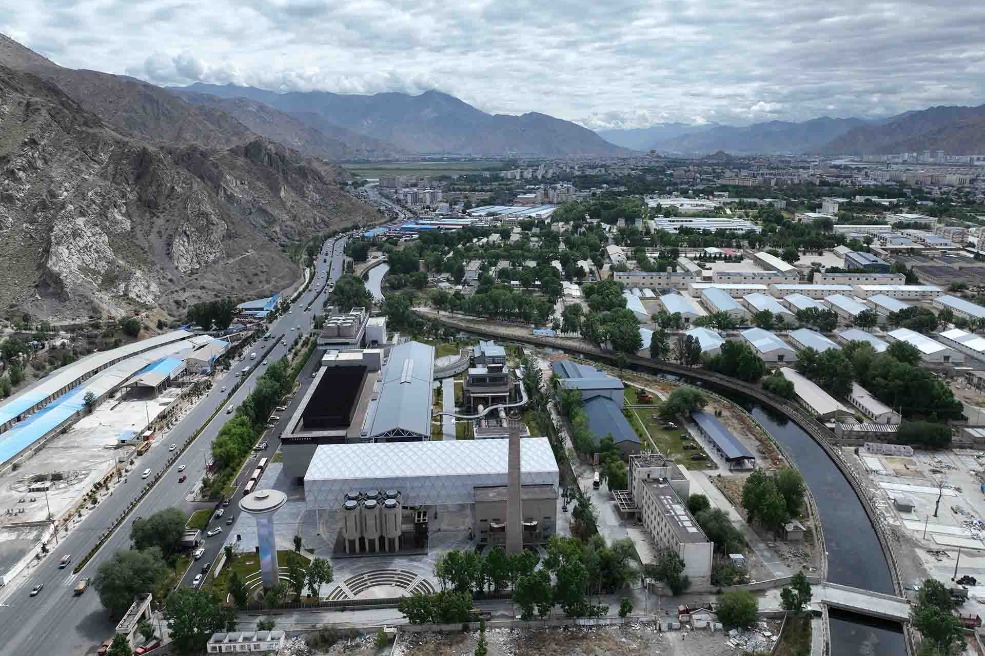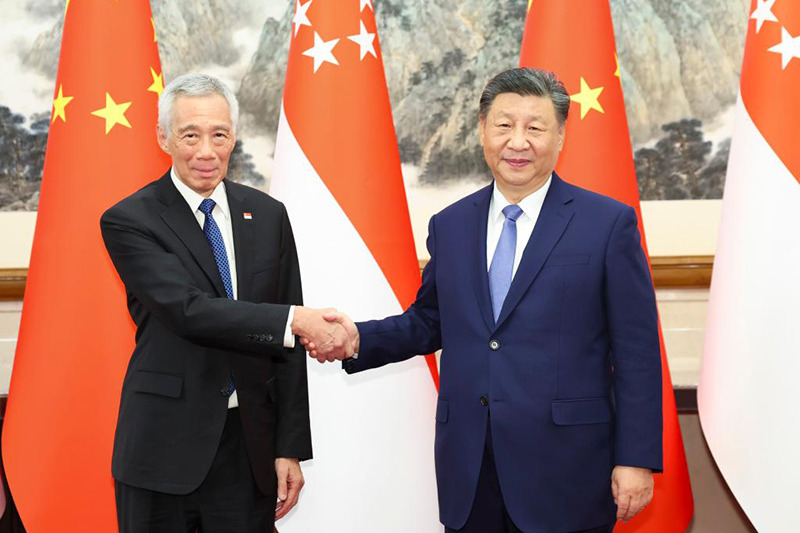New rules on fully foreign hospitals set
Action plan maps out clear conditions, requirements, procedures for sector

China's recent move to allow the establishment of wholly owned foreign hospitals in nine regions is primarily aimed at providing diversified medical services for both foreigners living in the nation and Chinese people, authorities said on Friday.
A statement released on the official website of the National Health Commission said that the nine regions will import high-level medical resources, enrich domestic medical services and see an enhanced business environment.
It also added that a string of rules and regulations will be implemented to supervise wholly owned foreign hospitals.
China announced in early September that it would permit wholly owned foreign hospitals to be set up in nine trial regions as part of efforts to widen opening-up in the healthcare sector. The nine regions are Beijing, Tianjin, Shanghai, Nanjing in Jiangsu province, Fuzhou in Fujian province, Guangzhou and Shenzhen in Guangdong province, as well as the whole island of Hainan.
In an action plan published on Friday, the commission, along with the Ministry of Commerce, the National Administration of Traditional Chinese Medicine and the National Disease Control and Prevention Administration, sets out specific conditions, requirements and procedures for establishing such hospitals.
The commission said that wholly owned foreign hospitals are intended to deliver diversified healthcare services for foreigners working, studying and living in China as well as Chinese people with special needs.
"The nine trial regions that we have selected have a large population, high medical service demands and quality healthcare infrastructure. Moreover, these regions have created a favorable business environment, taking up 45 percent of the total use of foreign capital in China," said the commission.
With a high density of foreign-owned enterprises and foreigners as well as busy international flight routes in these regions, the trial program is expected to advance smoothly.
In addition to satisfying the demands of foreigners, the commission said that such hospitals can also deliver services for some Chinese people with special demands, and their management and operation mechanism could offer lessons for domestic medical institutions.
In response to concerns that foreign-owned hospitals — who tend to promise higher salaries — would probably poach experienced professionals from public hospitals, the commission said that the trial program will be limited to certain regions and will be gradually implemented.
"Domestic hospitals remain an attractive workplace in the job market … and the number of healthcare workers at public hospitals had been rising continuously to reach 7.72 million by the end of last year," said the commission.
It added that China has allowed hospitals jointly funded by Chinese and foreign agencies for over two decades, and there are currently over 60 such institutions nationwide.
"We have accumulated mature and complete experiences and regulations concerning foreign-funded hospitals … and such jointly funded hospitals have so far shown no sign of affecting the medical staff flow of local domestic hospitals."
The action plan stipulates that wholly owned foreign hospitals should abide by a number of domestic laws and regulations as well as a series of targeted requirements.
For instance, such hospitals' information management system should be linked to the local supervision platform and their servers storing electronic medical records and information on medical equipment should be located on the mainland to ensure the security of medical information.
Health authorities will also carry out oversight on such hospitals equal to their domestically owned counterparts and subject them to the same medical quality management standards.
To avert the risk of leakage of human genetic resources, the action plan states that wholly owned foreign hospitals are barred from setting up hematological institutions, hematological clinical departments, conducting human organ transplants, assisted reproductive treatment, prenatal screening or prenatal diagnoses services.
Wholly owned foreign hospitals can apply for participating in China's basic national medical insurance upon meeting national requirements regarding service payment approaches and service pricing standards.
wangxiaoyu@chinadaily.com.cn




































